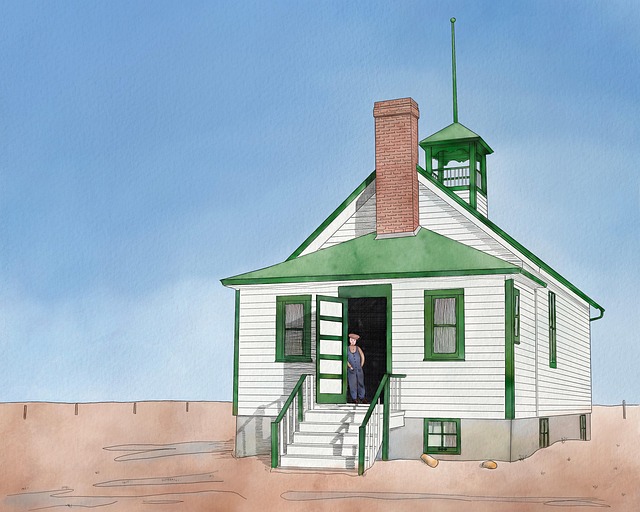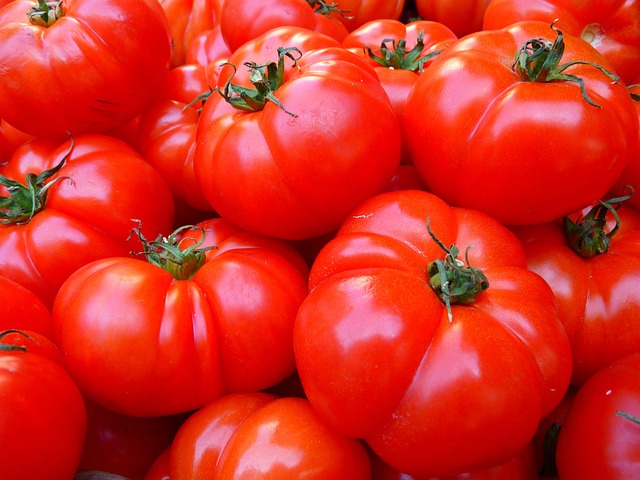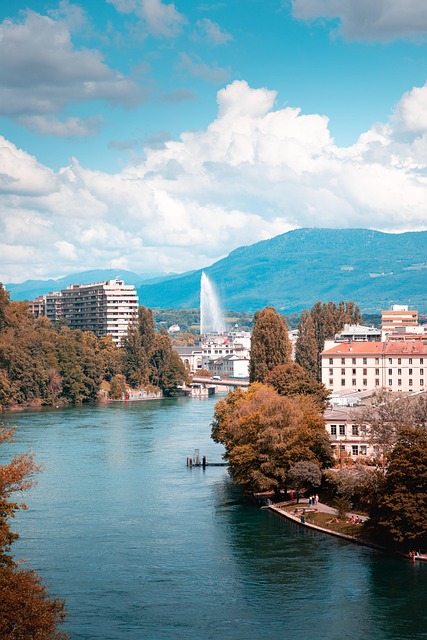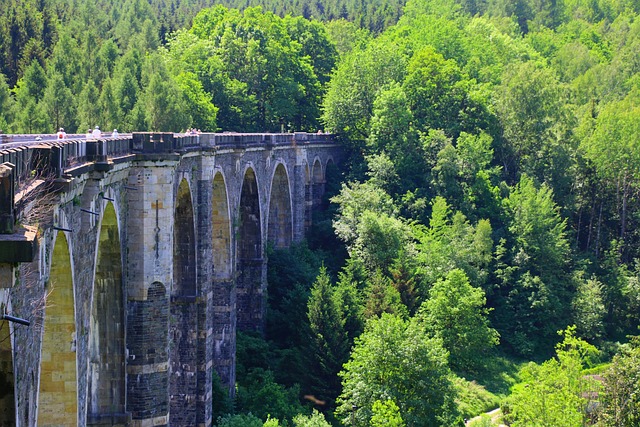Junction City's historical landmarks are rooted in its strong agricultural foundation. From early farmers' vibrant communities to 19th-century market gardens and historic grain elevators, these remnants preserve the city's agrarian past. Recent efforts focus on protecting these landmarks, like historic farms and barns, as educational resources, showcasing Junction City's unique agritourism heritage.
Junction City’s rich agricultural history is woven into the very fabric of its landscape, with a legacy that stretches back generations. From the earliest farming communities who cultivated the fertile soils to the bustling market gardens that once dotted the horizon, each era has left its mark. Historical grain elevators stand as silent sentinels, reminders of a bygone era. Today, efforts to preserve these agricultural landmarks ensure Junction City’s past remains an integral part of its vibrant present.
- Early Farming Communities and Their Legacy
- The Rise of Junction City's Market Gardens
- Historical Grain Elevators: A Bygone Era
- Preservation: Protecting Agricultural Landmarks Today
Early Farming Communities and Their Legacy
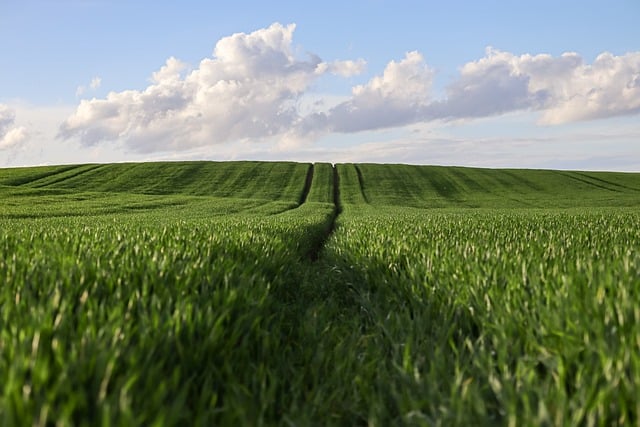
In the heart of Junction City’s rich history lies its agricultural roots, where early farming communities laid the foundation for what would become a thriving metropolis. These pioneering farmers, drawn by fertile lands and abundant resources, established themselves along the lush valleys and scenic riversides, creating a vibrant tapestry of rural life. Their resilience and hard work not only shaped the city’s landscape but also left an indelible mark on its cultural identity as a center for agricultural innovation.
The legacy of these early farming communities can still be seen today through Junction City’s historical landmarks. These include quaint, age-old farms that stand as monuments to the city’s agrarian past, alongside historic barns and meticulously preserved rural homes. Exploring these landmarks offers a glimpse into the daily lives and struggles of these farmers, who played a crucial role in feeding and clothing the nation, while also fostering a deep connection between the community and its agricultural heritage.
The Rise of Junction City's Market Gardens
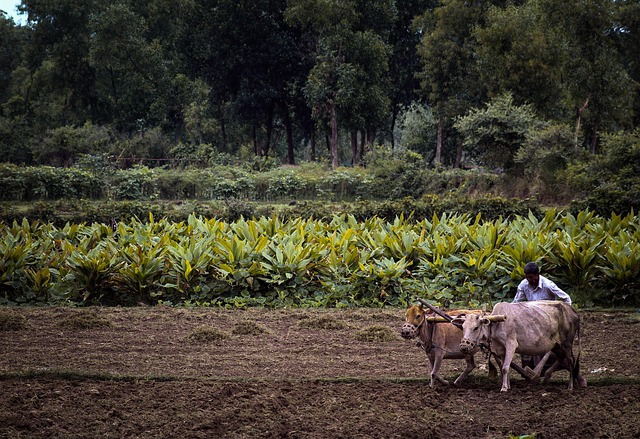
In the heart of Junction City, a vibrant landscape once unfolded as market gardens flourished alongside the city’s founding in the late 19th century. These verdant oases became integral to the community’s identity, providing fresh produce and fostering a strong sense of local self-sufficiency. The rich soil and favorable climate created an ideal environment for cultivating a diverse range of fruits, vegetables, and flowers.
Over time, Junction City’s market gardens evolved into prominent historical landmarks, showcasing the city’s agricultural heritage. Today, these remnants of the past continue to captivate locals and visitors alike, inviting them to delve into the rich history that shaped the culinary and cultural fabric of this charming community.
Historical Grain Elevators: A Bygone Era

In the heart of Junction City, Kansas, among the modern structures and bustling streets, lies a glimpse into the town’s rich agricultural heritage—its historic grain elevators. These towering warehouses, once integral to the city’s economy, stand as enduring symbols of an era long past. Each elevator tells a story of the region’s prosperous farming communities, where the harvest was king.
The grain elevators of Junction City represent a bygone time when these structures were not just landmarks but vital links in the supply chain. They were designed to store vast amounts of grain, ensuring its preservation and efficient distribution. Today, as newer technologies have largely replaced their purpose, these historical landmarks remain, offering visitors a unique window into the city’s agricultural roots and making Junction City a destination for those interested in exploring its historical landmarks.
Preservation: Protecting Agricultural Landmarks Today
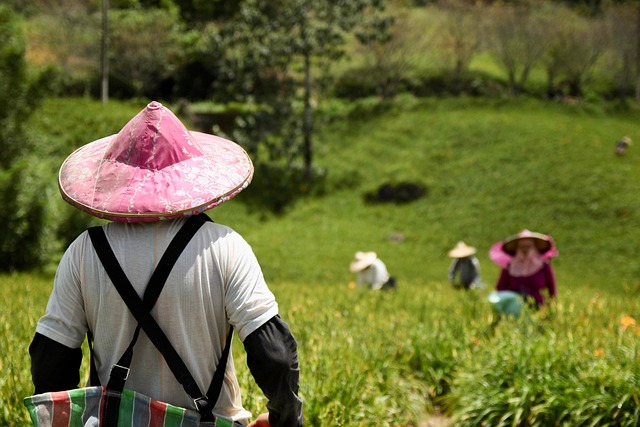
In recent years, there’s been a growing emphasis on preserving Junction City’s agricultural history and its historical landmarks. This shift is driven by a desire to maintain the city’s unique character and honor its rich past. Many efforts have been focused on safeguarding historic farms, barns, and other structures that once defined the landscape of Junction City’s agritourism. These preservation initiatives not only protect the physical remnants of the city’s agricultural heritage but also serve as educational resources, inspiring current and future generations about the vital role farming has played in shaping Junction City.
Preserving these landmarks is crucial for telling the story of Junction City’s farming communities. Local organizations and historical societies have taken the lead in raising awareness, organizing restoration projects, and advocating for policies that support the conservation of agricultural history. By doing so, they ensure that Junction City’s rich tapestry of farmland, historic sites, and traditional practices remain integral parts of its identity, fostering a deeper connection between the city’s present and its agrarian roots.
